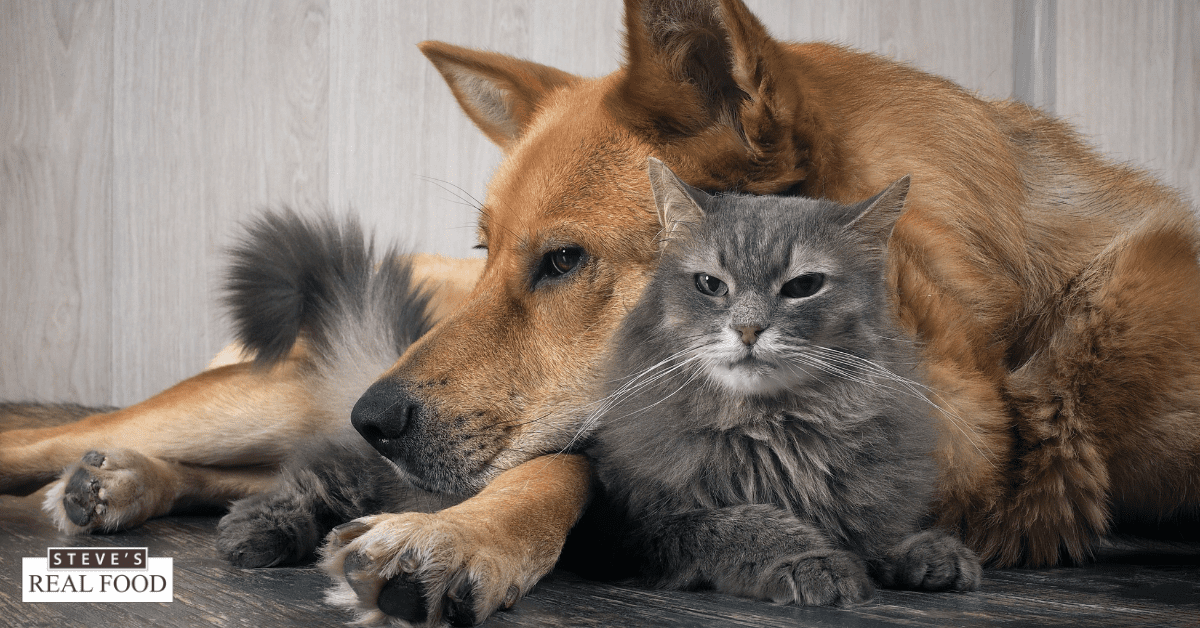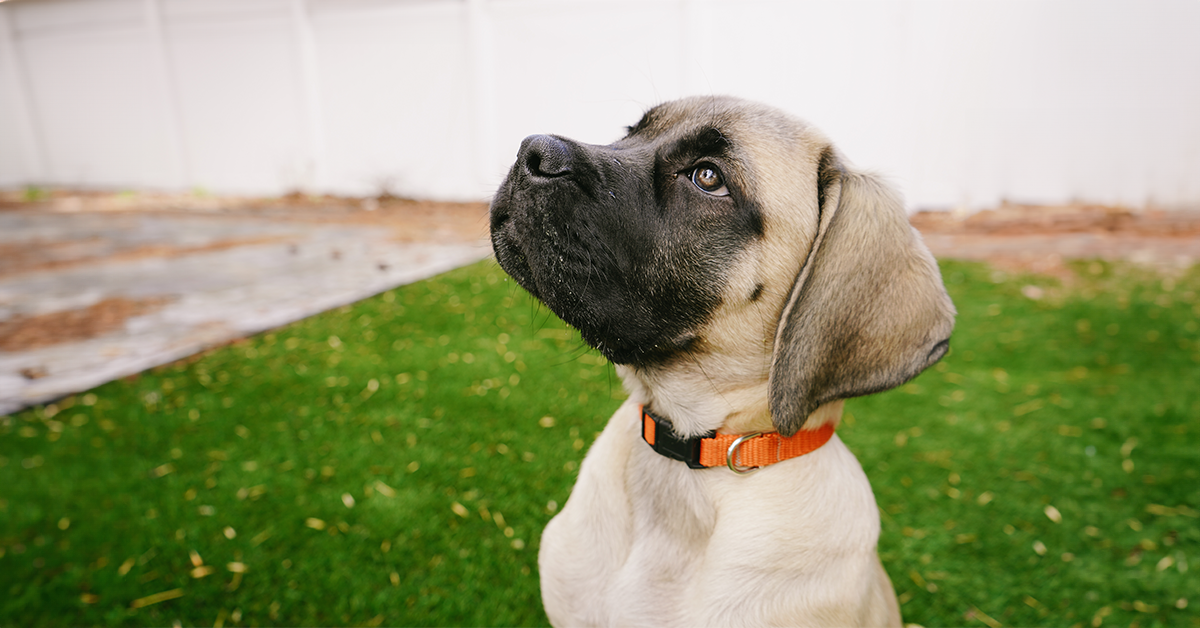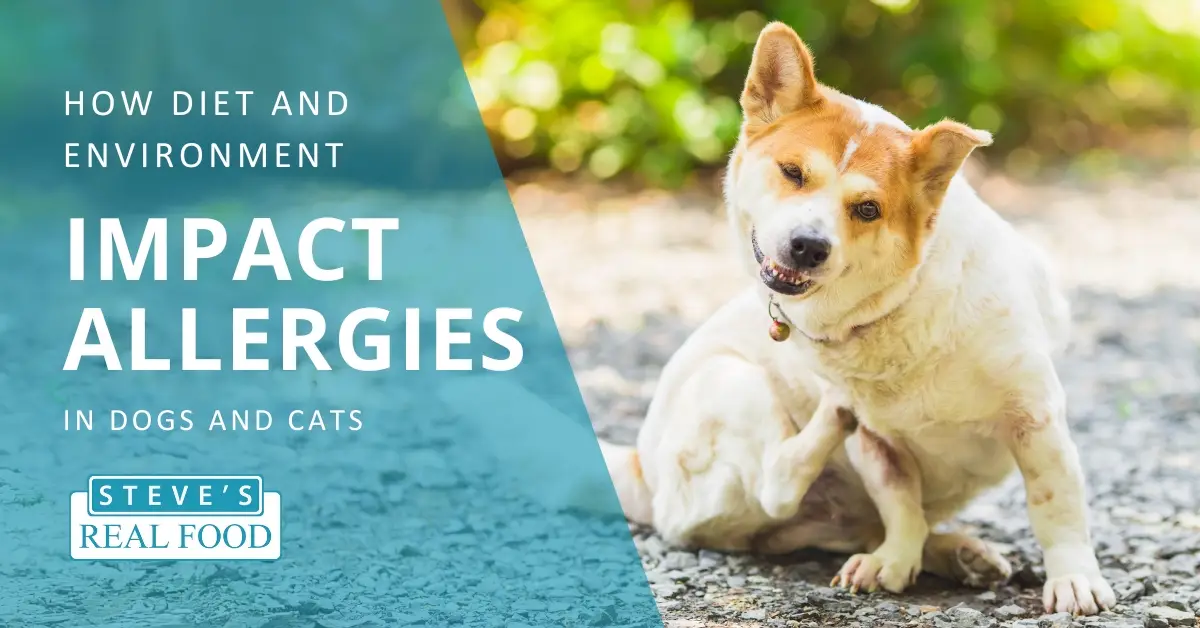Are you noticing rapid weight loss in your pet? Does your cat or dog vomit often? While these symptoms could present in an array of conditions, they are prevalent in pets with an inflammatory bowel disease (IBD). IBD is in most cases the primary cause of prolonged diarrhea and vomiting in dogs and cats. Pets suffering from IBD also suffer substantial nutrient deficiencies along with the discomfort its symptoms present. According to research, IBD is more common in Yorkshire Terriers, German Shepherds, and purebred cats, although other breeds could also suffer from the same. Even though IBD is common in older pets, it has been known to affect pets younger than two years.
What is IBD?
IBD is a condition that occurs when the pet’s small intestines or the mucosal lining is prone to irritation due to the presence of an abnormally large amount of inflammatory cells. This abnormal invasion interferes with the mucosal lining’s ability to digest and absorb food. This results in diarrhea or vomiting depending on which part of the digestive system is affected. Pets whose stomachs or upper intestines are affected will vomit while those whose lower digestive system is affected normally have chronic diarrhea.
Signs and symptoms that your pet could be suffering from IBD include;
- Diarrhea
- Chronic vomiting
- Fatigue or lethargy mostly caused by a poor appetite
- Excess gas or flatulence
- Weight loss
- Traces of blood in the pet’s stool
- Rumbling sounds in the stomach
- Abdominal pain
- Distressed coat
Quite a number of conditions can cause the above symptoms, but when they become intermittent and chronic, the probability of your pet suffering from IBD is high.
What Causes IBD?
Researchers haven’t found a single cause for IBD, however, potential causes include; bacteria, parasites, food allergies, and a non-functional or poor immune system. Most of the food allergens that are believed to cause IBD are milk proteins, the gluten in wheat products, artificial coloring, food preservatives, and certain meat proteins. There is a genetic factor also believed to play a major role in the likelihood of a pet suffering from IBD. Due to the varying potential causes, vets treat each case individually. This helps to customize the treatment plan, so its root cause is addressed.
How is IBD Diagnosed in Dogs and Cats?
Once you suspect that your pet is suffering from IBD, it is vital that you schedule an appointment with a vet as soon as possible. On your appointment, the vet will most likely ask you to provide a detailed history of your pet, how long the symptoms have persisted, and their severity. They will then run a number of blood, stool, and urine tests. The vet may also do an ultrasound to rule out other conditions such as bacterial or parasitic infections, metabolic diseases, or even cancer. A food test using hypoallergenic diet may also be necessary to rule out food allergy as the cause. Presence of IBD could also be confirmed through biopsy performed on the intestinal tissue. This can be done through endoscopy, colonoscopy, or abdominal surgery. The biopsy is often the last resort as the procedures are invasive and costly.
The Disadvantage of Treating IBD through Conventional Means
Conventional treatment typically includes one of the veterinary “prescription” diets. They may prescribe an expensive, specialized hydrolyzed protein diet available only through them that has synthetically minimized protein so that the allergen is undetected by the pet’s body. Often, these diets are expensive and only sold at the vet’s office.
The vet will additionally prescribe an immunosuppressant, drugs which suppress the lymphocytes, antacids, anti-nausea drugs, and synthetic corticosteroids. While a specially hydrolyzed diet and these drugs may work, they do not address the root cause of the IBD by getting rid of the irritation. You might also need to medicate your dog for a prolonged period or even the rest of it’s life when you choose these routes of treatment.
Treating IBD with a Raw Pet Diet
Canine Inflammatory Bowel Disease and Feline Inflammatory Bowel Disease may be effectively controlled through raw pet foods. Healing of the pet’s digestive system will only begin once we acknowledge that the pets are carnivores and feed them on a diet that’s suitable for them. Feeding your pet with a raw pet diet restores its digestive system’s physiological balance. We do not claim that a raw diet “cures” IBD, but feeding dogs and cats a high-quality fresh meat-and-organ-based diet their digestive systems are designed to metabolize, enables those systems to return to physiological balance.
Pets with gastrointestinal conditions respond quite well to raw diets, and once they successfully transition, you will no longer need additional supplements to maintain their health or reduce IBD symptoms. However, if the pet is diagnosed with severe inflammation, it might get infected by the bacteria that occur naturally in raw meat. It would be ideal to start feeding him with cooked food and slowly reduce the cooking times as symptoms subside. Keep in mind that it might take some time for symptoms to subside even after the irritants have been removed from the pet’s diet.
Probiotics are the good bacteria that are important to humans and pets alike. Their role is to maintain a healthy stomach through the re-population of the digestive tract with healthy bacteria and helping in digestion. While giving your pet probiotic supplements is a good way of maintaining a healthy gut, it would be better the probiotic was incorporated with his meal. Steve’s Real Food is fortified with raw goat milk which is rich in probiotics, supports metabolism, boosts the pet’s immune system, and is an effective anti-inflammatory agent. Our raw pet food is balanced and features the most superior ingredients on the market. Alternatively, you could top your pet’s meal with a raw goat milk product. Get in touch with us today to learn more about our products.





